5 Steps to Prevent Overcrowding and Dissociation
How to effectively manage the risk of damage or loss in museums
Overcrowded collections areas are a common challenge in museums, archives, and special collections areas. Collections inevitably grow over time, and when standards are relaxed, objects can end up on the floor, crowded into cabinets, and spilled over into office space. This can lead to damage or dissociation. With no designated “home,” objects can become separated from their documentation or misplaced entirely, resulting in uncertainty about the object’s provenance or even loss of the object itself.
Museums and other institutions can effectively manage risk related to overcrowding by creating a collections space management plan. Here are five simple steps to put a plan together for your museum:
1. Get a Free Space Assessment
The best place to start is gaining a complete understanding of the space you have to work with. Contact your local Spacesaver consultant, who will visit your location to obtain accurate measurements of existing equipment as well as a variety of structural features, including ceiling heights, sprinkler placement, columns, ductwork, and more. The consultation, is an opportunity to explain all of your unique needs and requests, so we can work alongside you and suggest the best type of storage for your needs.
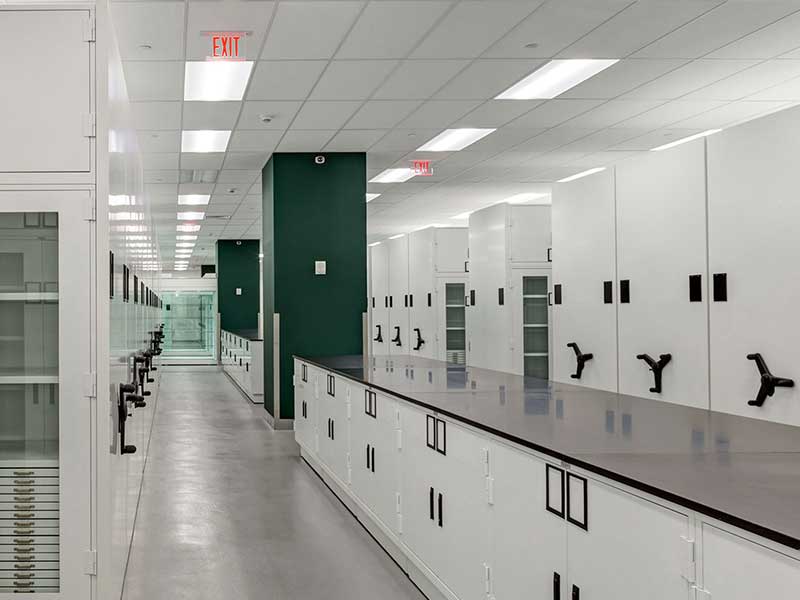
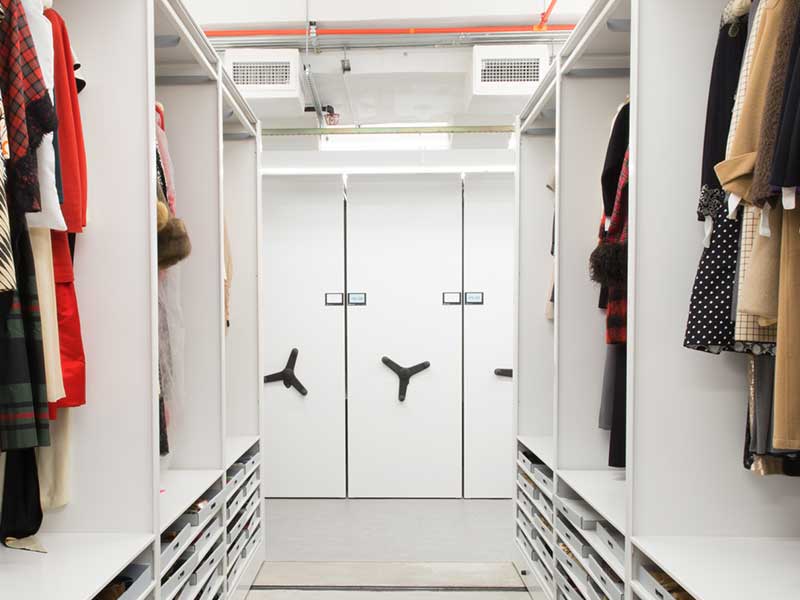
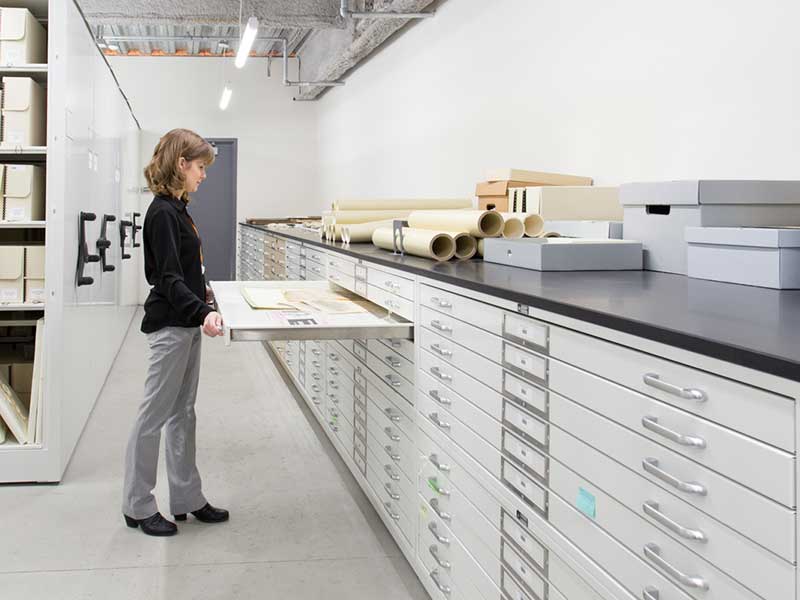
2. Conduct a Collections Assessment
Assess current storage volumes for various collections, along with projected growth rates. Make special note of any uniquely large, heavy, or odd-sized objects or items in your collections that need extra-special care. Utilizing a spreadsheet to catalogue items is useful for keeping this information organized and easy to reference.
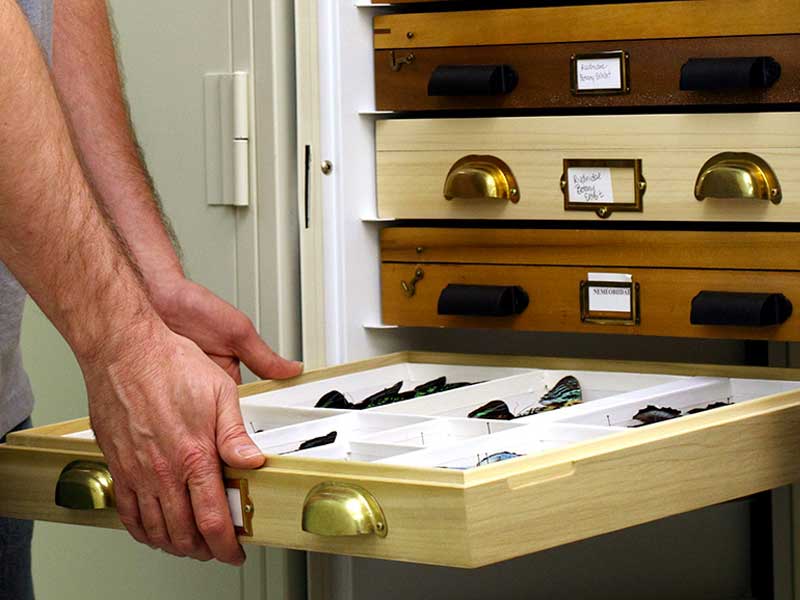
3. Evaluate Existing Storage Equipment
If your existing storage equipment is in good condition, you might be able to incorporate it into new systems. For example, the entomology department at the Field Museum worked with Spacesaver to design cabinets and High-Density Mobile Shelving systems that could repurpose many of their existing specimen drawers while also creating more space.

4. Create Sketches and Drawings
After all the information about existing space and collections has been gathered, detailed plans for organizing a collections care area can be developed. Visualizing and communicating the plan with drawings and sketches can help secure funding because decision makers, donors, and other funding sources can instantly see how incorporating efficient storage solutions will help manage the risk of loss or dissociation.
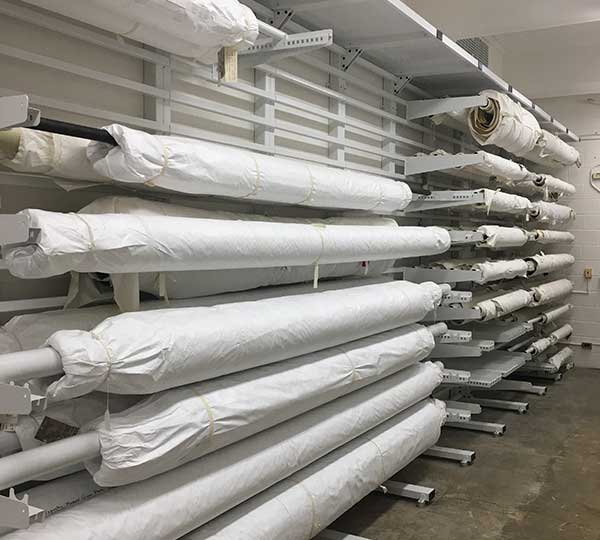
5. Consider Configurability
If new storage equipment is needed, be sure to consider configurability as you evaluate your options. Configurable equipment refers to cabinets, textile racks, shelving, and even High-Density Mobile Shelving systems that can be modified over time to make room for new acquisitions or items on loan while also improving organization, efficiency, and access for staff and researchers. The ability to reconfigure storage solutions without special tools saves time and ensures collections are appropriately protected.

Your Guide to Better Collections Management
Your Guide to Better Collections Management

Next Up in Museums
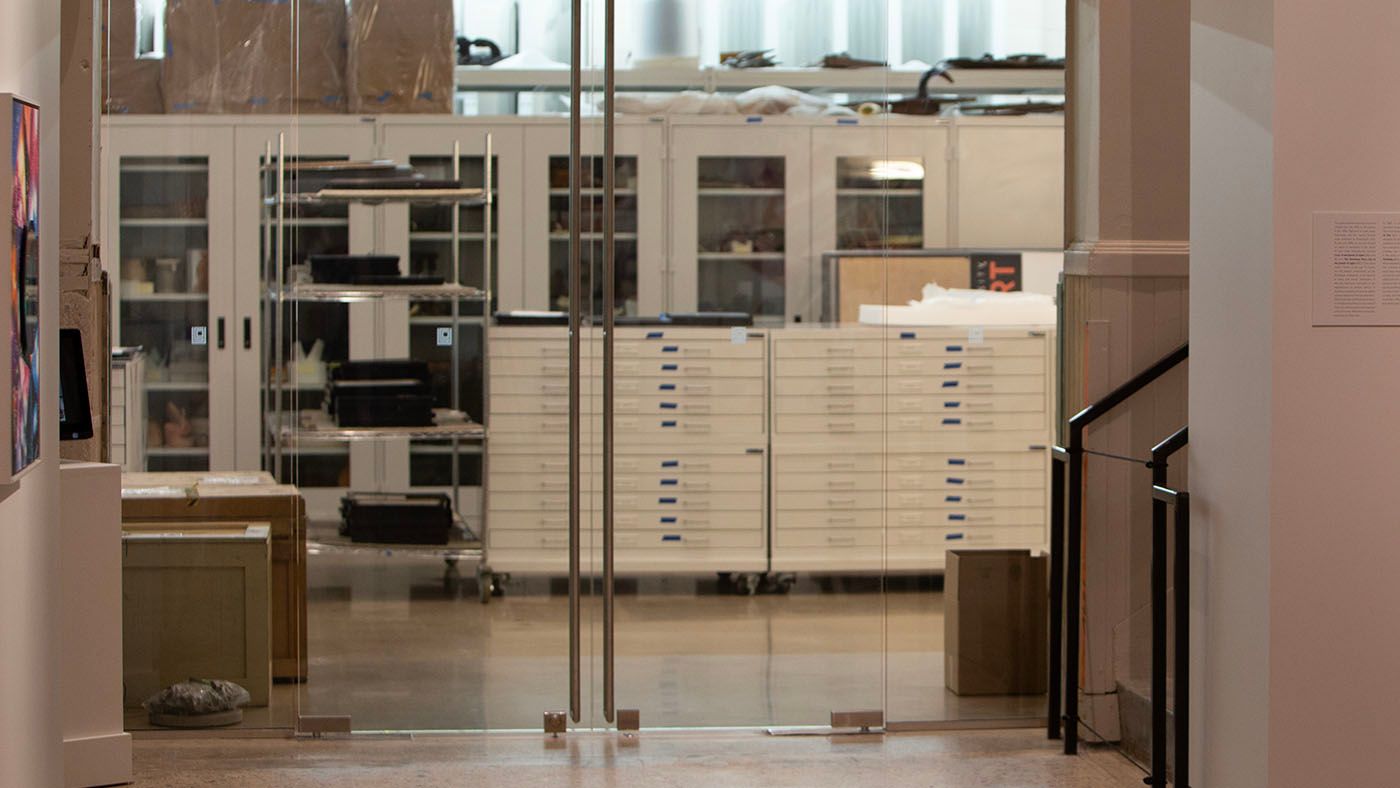
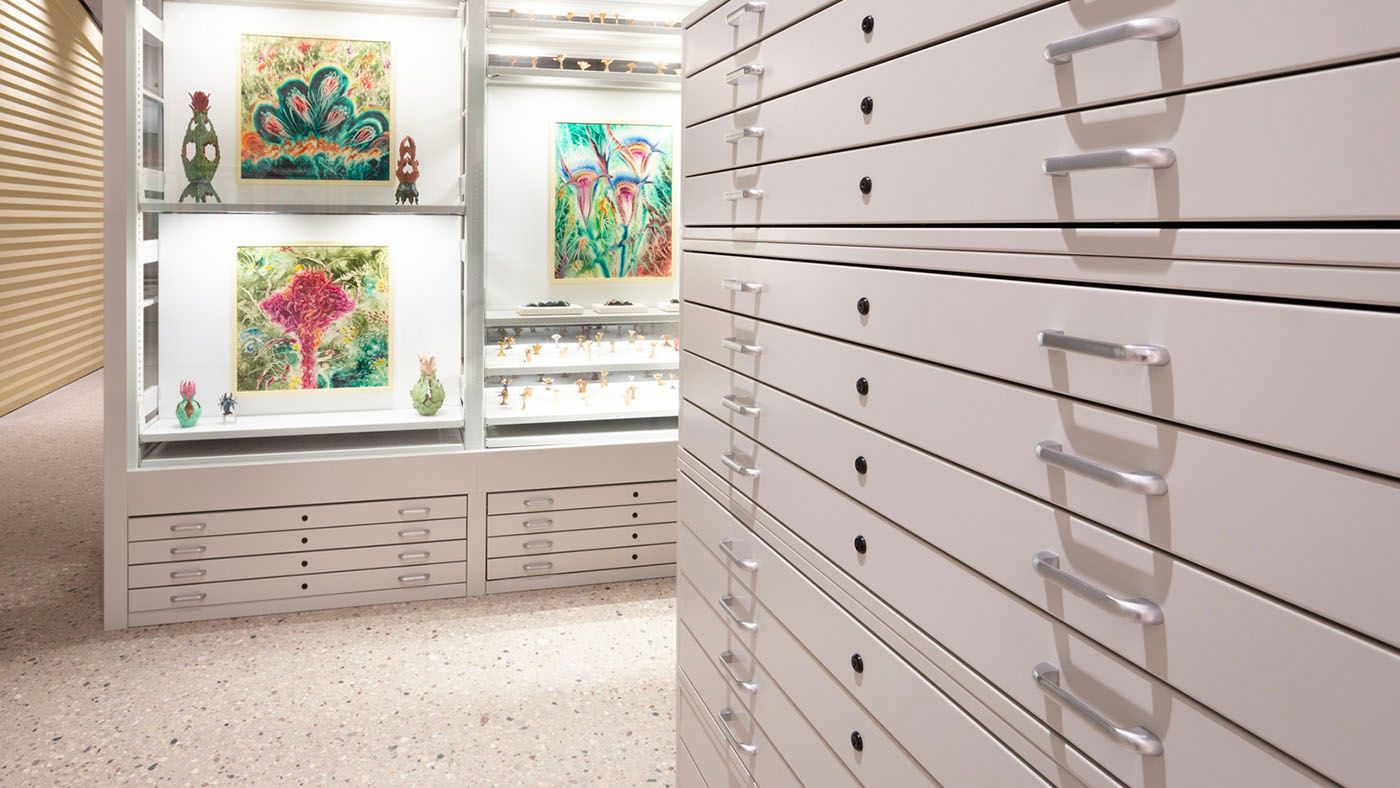
Secure and Preserve Your Art Collections with Premium Museum Storage Cabinets
Read On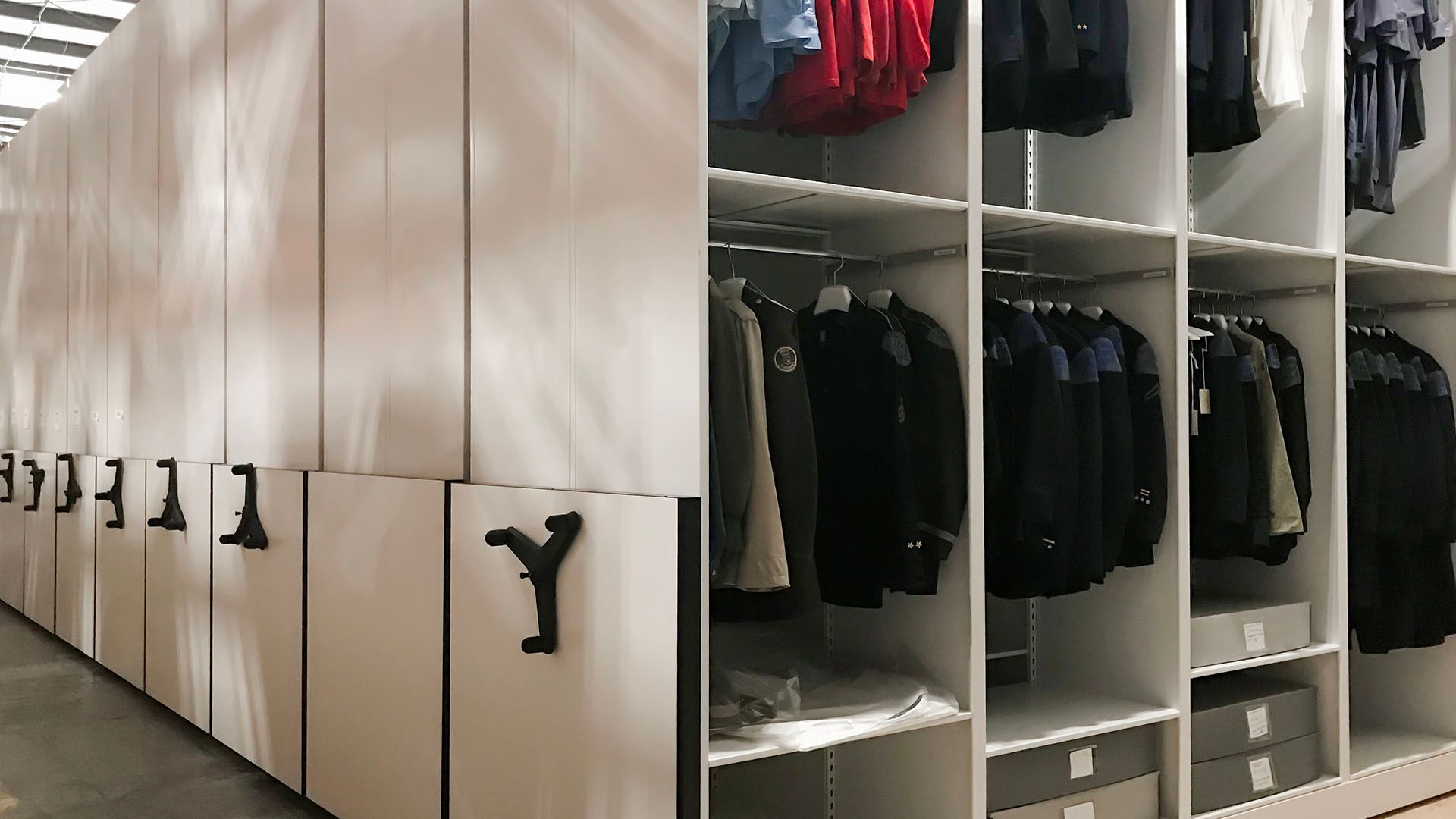
Storage solutions for preserving historical artifacts in limited spaces.
Read On